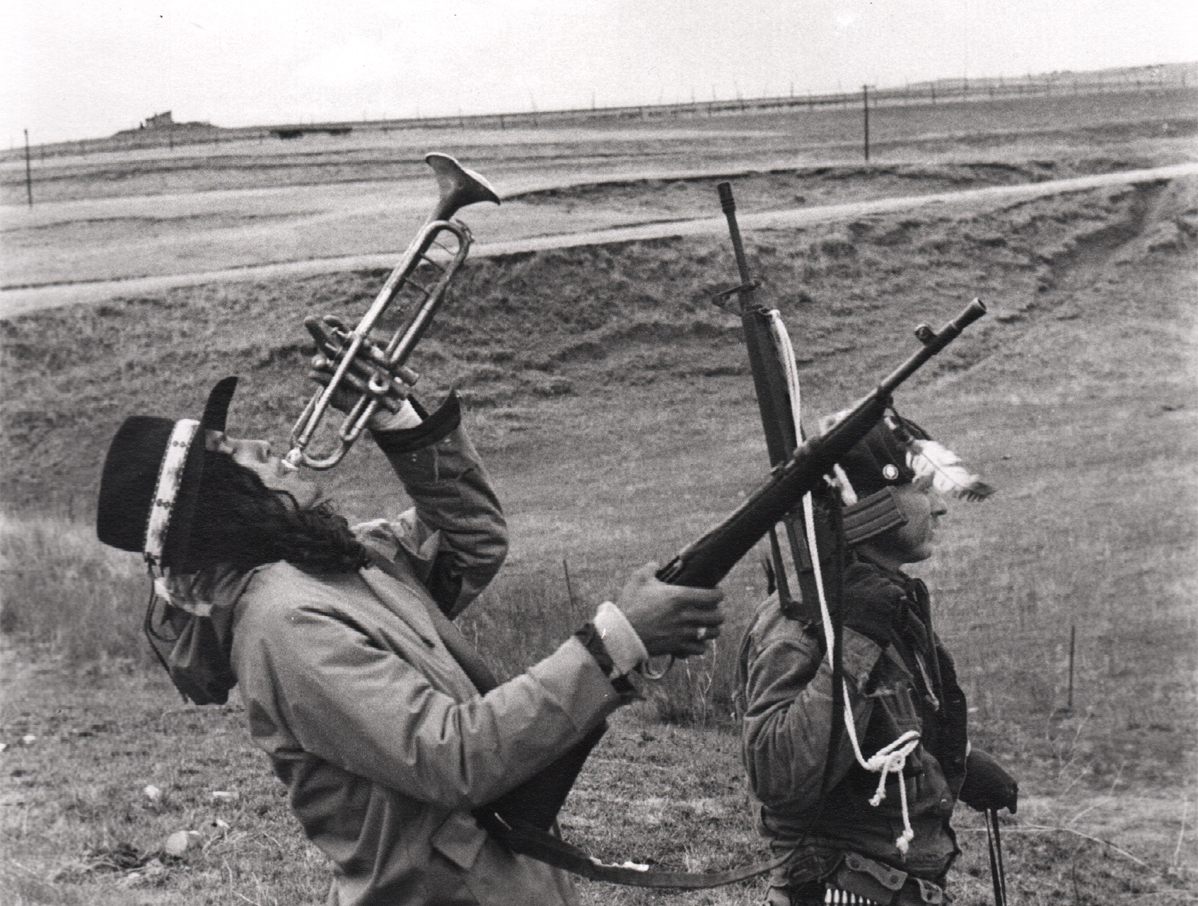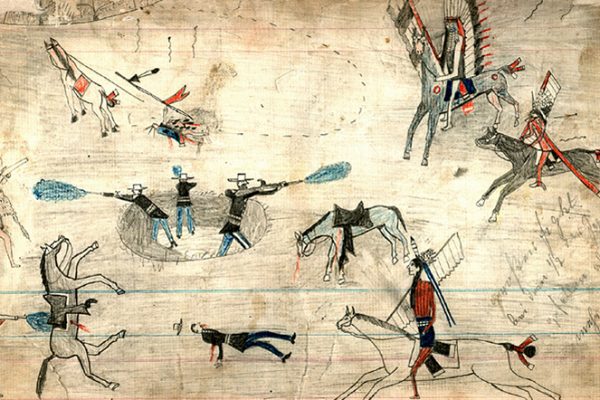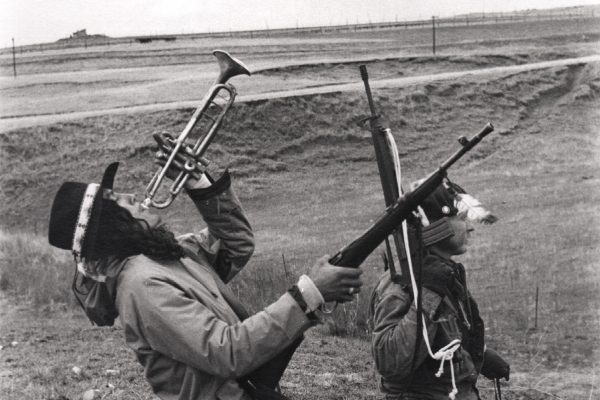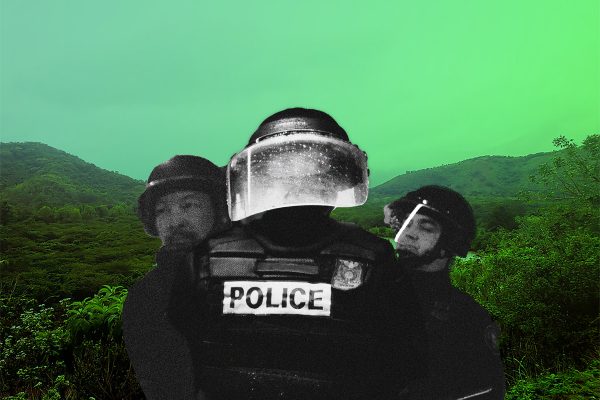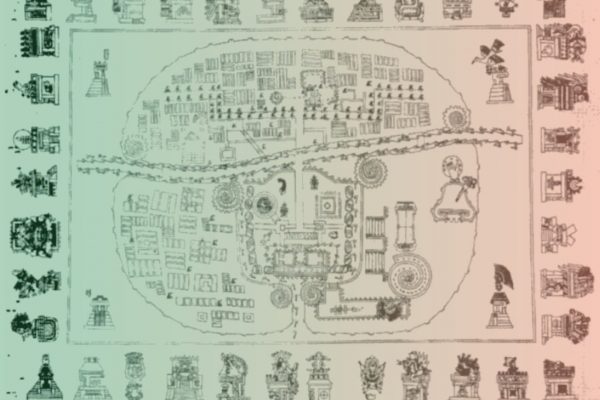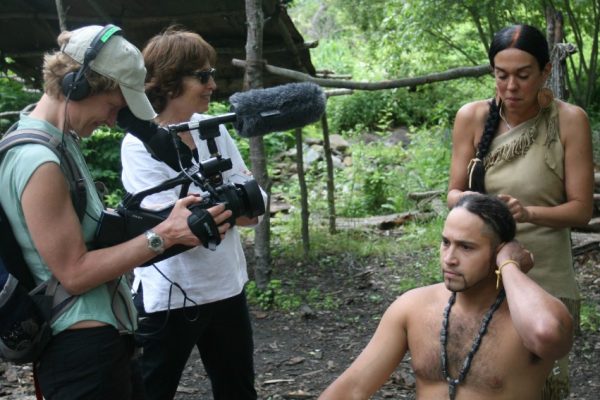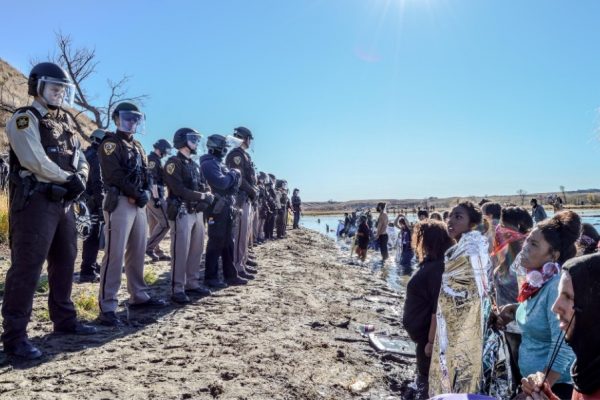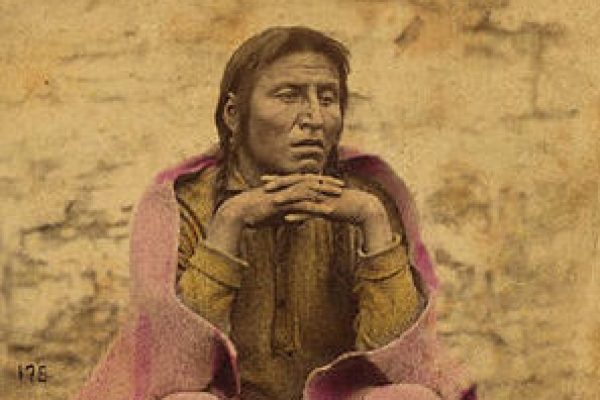This Monday is Indigenous Peoples’ Day, a holiday whose prominence has increased in recent years as scholars and activists urge a more serious reckoning with the brutal legacy of European colonialism in the Americas.
As Roxanne Dunbar-Ortiz shows, that legacy is inseparable from U.S. history. “The very existence of the country is a result of the looting of an entire continent and its resources, reducing the Indigenous population, and forcibly relocating and incarcerating them in reservations,” she writes.
According to Nikhil Pal Singh, such violence is hardly constrained to the country’s founding. The settler colonial mindset “has yielded a distinctive and multi-layered carceral history and geography, at once domestic and transnational: a global archipelago of prisons, internment camps, and detention centers,” he argues.
Other contributors to this week’s list explore that “carceral geography” in more detail, examining the counterinsurgency tactics being used against land and water defenders in North Dakota, Atlanta, and Central America. Assessing the legacy of the Wounded Knee occupation on its fiftieth anniversary, Joel Whitney comments on the “repression and paramilitary violence against Indigenous activists and other environmentalists.” Azadeh Shahshahani describes how the forces arrayed against the Stop Cop City movement in the Weelaunee Forest represent the domestic use of violent tactics that the United States has long exported to Latin America, where they are used against indigenous environmental activists. Further pieces look at indigenous critiques of European society, attempts to revive the language of the Wampanoag of Southeastern Massachusetts, and more.
Celebrations of multiculturalism obscure the country’s settler colonial history—and the role that immigrants play in perpetuating it.
More than simple racism or discrimination, it is built upon violent elimination.
Fifty years ago, the American Indian Movement occupied the site of a historic massacre. They won real gains in the face of brutal counterinsurgency tactics.
The United States has long supported the repression of Latin American land defenders. The tactics it exported are coming to the Atlanta forest.
A sweeping new history of humanity upends the story of civilization, inviting us to imagine how our own societies could be radically different.
Standing Rock shows us that businesses don't simply silence protestors, they also discredit and bankrupt them.
Layli Long Soldier’s debut collection confronts a history of physical, cultural, and linguistic violence.
